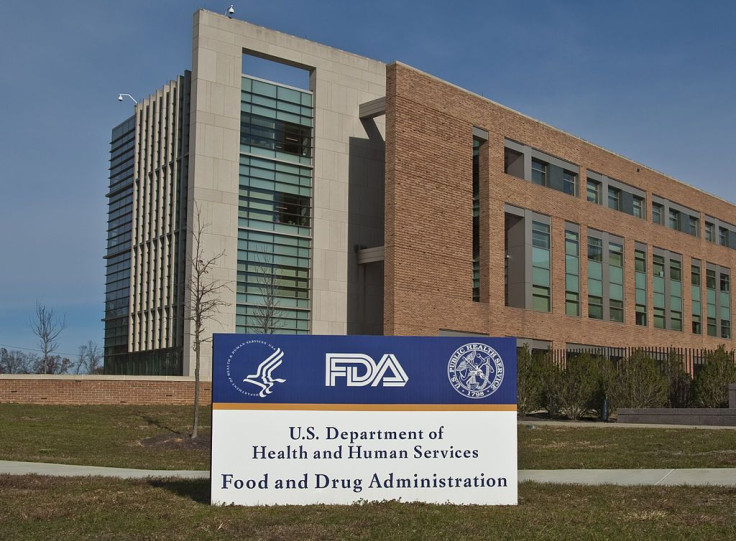Why The Biden Administration's Search For A New FDA Chief Is Becoming More Important
The search for a new commissioner at the Food and Drug Administration (FDA) is taking on added urgency as the nation’s top pharmaceutical regulator tries to regain its footing after being battered throughout the COVID-19 pandemic.
Since January, the FDA has been led by acting commissioner Dr. Janet Woodcock as President Joe Biden’s administration continues its search for a nominee. The FDA is licking its wounds after disputes with the White House, internal scandals and the emergence of the COVID-19 Delta variant.
Turmoil at the FDA does not bode well for either the Biden administration, which has seen the approval of its pandemic response sink in recent months, or efforts to protect Americans from more harm.
For the Biden administration, settling on an acceptable candidate to lead the FDA has to be done by Nov. 15 when it will run into a legal deadline to make its pick. However, the Senate has still not received any nominations for the FDA administrator, undercutting expectations that Biden would make confirming a permanent FDA chief a priority.
Two FDA alumni from the Obama administration were under consideration, including former FDA Deputy Commissioner Dr. Joshua Sharfstein and Dr. Michelle McMurry-Heath. The administration has moved forward with neither candidate because of concerns about whether they can gain support from either the pharmaceutical industry or Biden’s own Democratic Party, which is critical of Big Pharma.

Woodcock has internal support from staff but like the other candidates, she faces opposition from several Democrats in the Senate. Her handling of deaths from OxyContin is the main sticking point for these lawmakers at a time when the government is taking stronger steps against drug manufacturers.
Maintaining an acting agency head is important for ensuring continuity in operations, but they are not meant to work for more than a temporary stint. While Woodcock remains in the role, she is hobbled in her capacity to set priorities and lacks influence in interagency or internal disagreements compared to confirmed counterparts like CDC Director Rochelle Walensky.
The FDA has recently been hit by several high-profile disputes that demonstrate why new, firm leadership may be needed to get the agency back on course.
In August, two senior FDA officials left the agency over disagreements with the CDC and frustration with the Biden team’s plan to push the booster announcement for Sept. 20. One official told CNN that they felt the White House was overstepping the FDA with this decision. Woodcock also displayed a degree of frustration about the booster plan before it was enacted, but ultimately supported a more scaled-down plan.
A new commissioner will be needed to reassure the public that it is not beholden to the pharmaceutical industry it is responsible for regulating.
In June, the FDA approved a drug to treat the memory and cognitive loss of Alzheimer’s disease called Aduhelm under its accelerated approval process. It was later revealed that agency reviewers held undocumented meetings with executives from Aduhelm's manufacturer Biogen before the final approval was granted.
The revelation and the resignation of three FDA advisers over the approval rocked confidence in the agency and later prompted a congressional probe into its decision. Any new commissioner will be tasked with rescuing public and congressional trust in its independence from political or industry pressure.
© Copyright IBTimes 2025. All rights reserved.





















